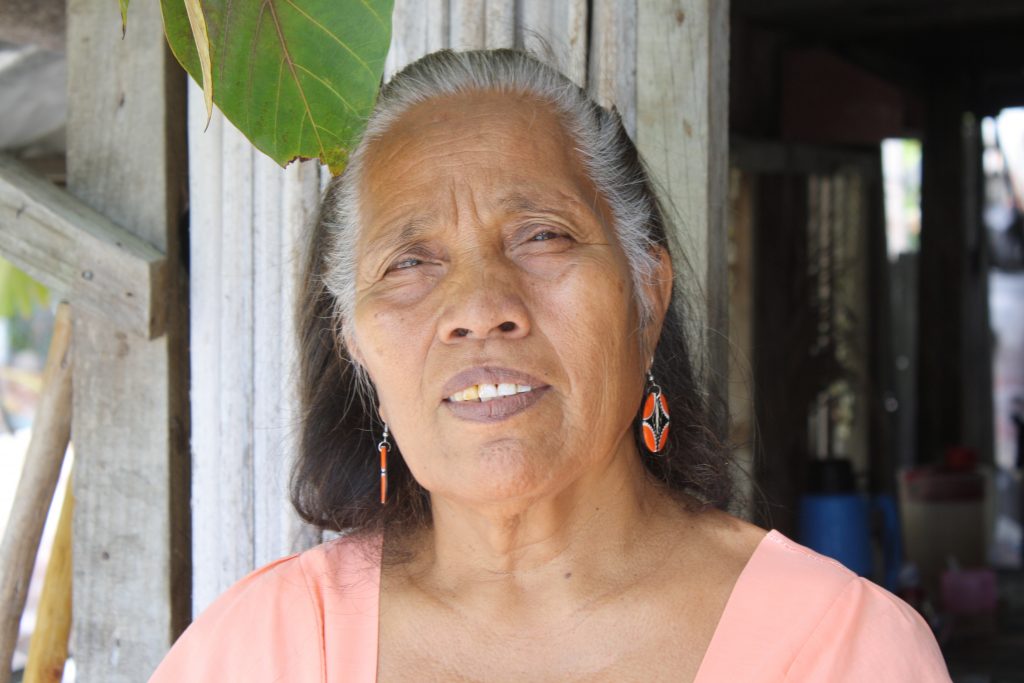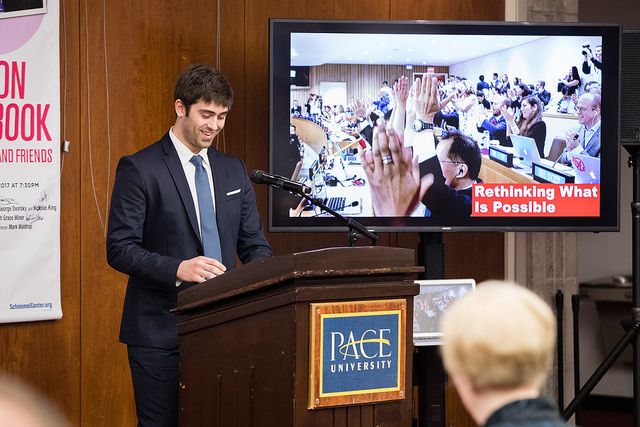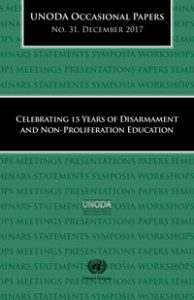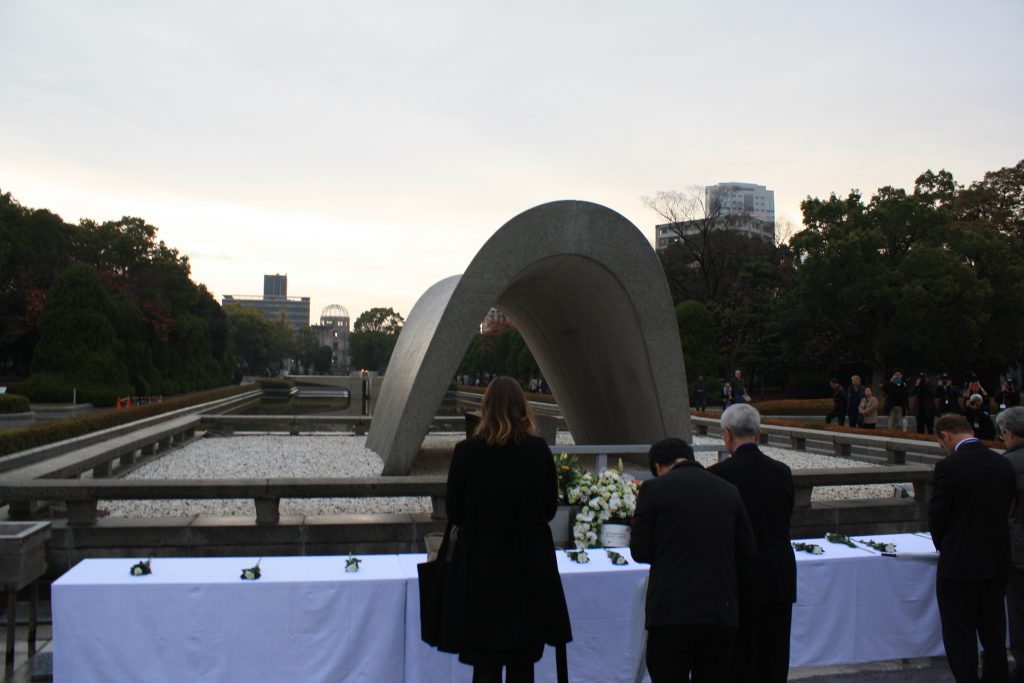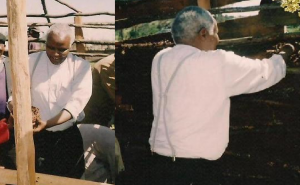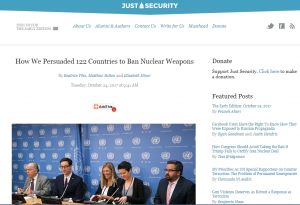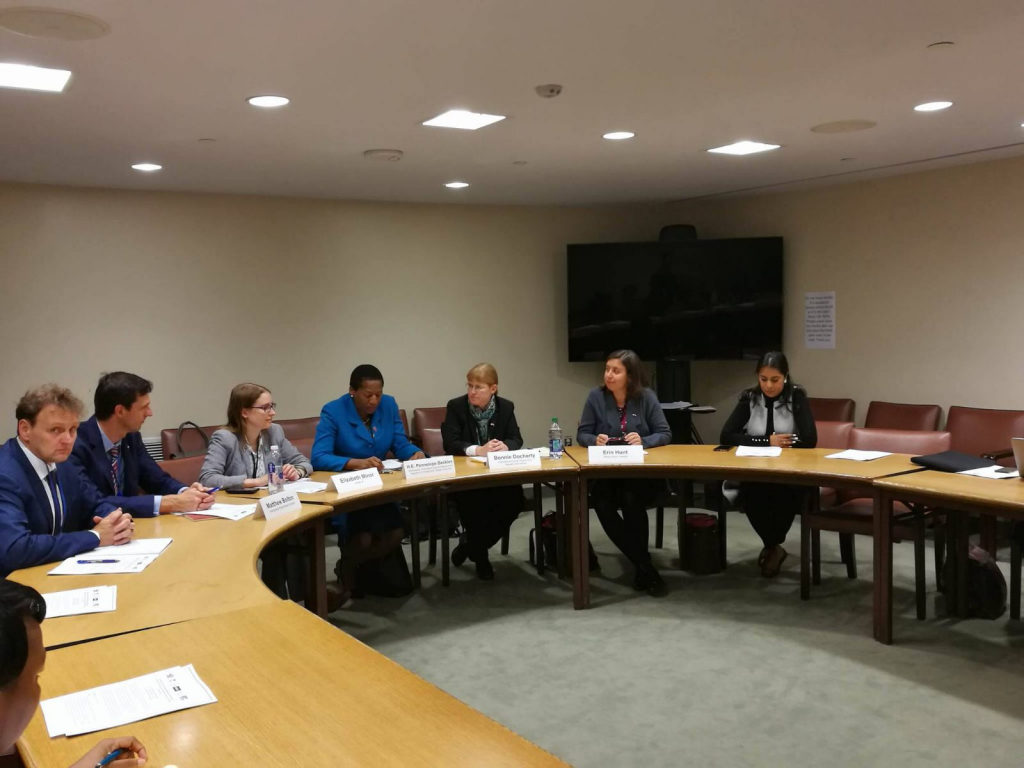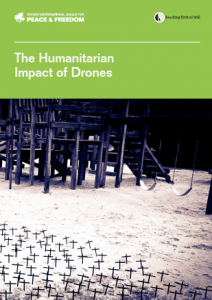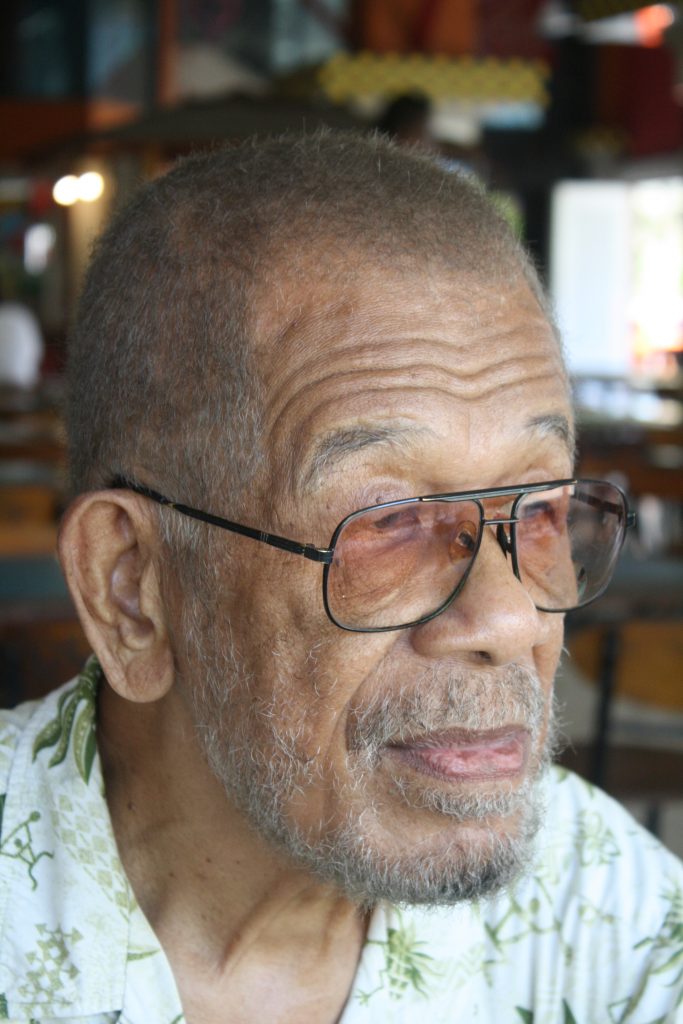
Paul Ah Poy, President of the Fiji Nuclear Veterans Association was posted to Christmas Island during the UK nuclear weapons testing program. Photo: Matthew Bolton.
Between 1957 and 1958, Fijian soldiers participated in the nine UK nuclear weapons tests at Malden and Kiritimati (Christmas) Islands, now part of the Republic of Kiribati. Test veterans, including Fijians, and civilian survivors claim their health (as well as their descendants’) was adversely affected by exposure to ionizing radiation. Their concerns are supported by independent medical research. Though the UK government assured coverage of Fijian troops’ service-related health problems during the tests, it has offered them no assistance or compensation. Instead, the Fiji government has stepped in to offer a one-off grant to veterans to support medical and welfare costs in 2015. The 2017 Treaty on the Prohibition of Nuclear Weapons (TPNW), which Fiji has signed but not yet ratified, obligates assistance to victims and remediation of contaminated environments, including those affected by the Christmas and Malden Islands nuclear tests. The International Campaign to Abolish Nuclear Weapons (ICAN) was awarded the 2017 Nobel Peace Prize for the role of its advocacy in achieving the treaty.
A new report from Pace University’s International Disarmament Institute documents the humanitarian, human rights and environmental harm caused by these nuclear weapons tests, finding that:
- 276 Fijian troops were among the 15,000 personnel who participated in the UK nuclear weapons tests in and around Kiribati; Fijian dignitaries also visited.
- Fijian soldiers and sailors were often allocated more dangerous tasks, like dumping birds killed or blinded by the tests, and even radioactive waste, into the ocean
- Sixty years after the tests there are 32 surviving nuclear test veterans in Fiji, plus surviving spouses, children and grandchildren.
- Many military and civilian survivors of the Christmas and Malden tests have health problems consistent with exposure to radiation; descendants also report multi-generational health problems.
- The tests killed thousands of birds and fish. The environmental impact of the nuclear tests has not been adequately analyzed.
The report recommends that Fiji and the international community should:
- Sign and RATIFY the Treaty on the Prohibition of Nuclear Weapons.
- Assess and RESPOND to the humanitarian needs of survivors, including the Fijian veterans.
- Survey and REMEDIATE contaminated environments at Kiritimati and Malden Islands.
- RESPECT, protect and fulfill the human rights of nuclear test survivors.
- RETELL the stories of the humanitarian and environmental impact of the tests.
To read the full report, click here.
For a more comprehensive report on the impact of the Kiritimati and Malden Island tests, click here.
For a general overview of the global humanitarian, human rights and environmental impact of nuclear weapons use and testing, click here.

